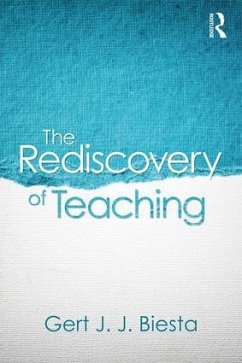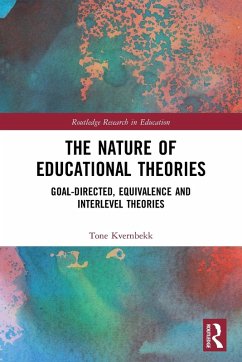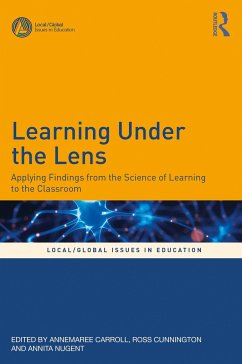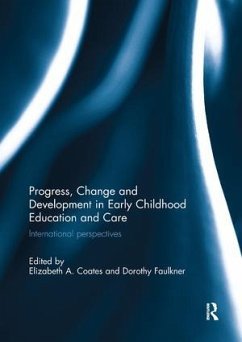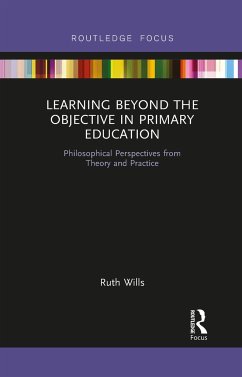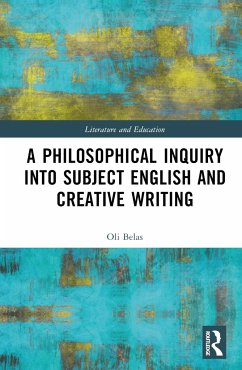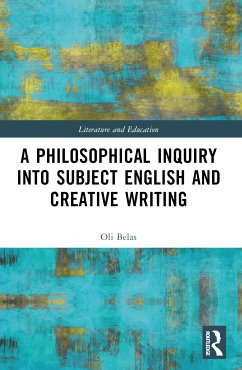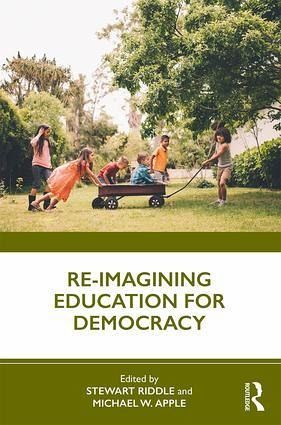
Re-imagining Education for Democracy
Versandkostenfrei!
Versandfertig in 1-2 Wochen
51,99 €
inkl. MwSt.
Weitere Ausgaben:

PAYBACK Punkte
26 °P sammeln!
This edited collection takes up the unfinished project of resisting the de-democratisation of education and growing levels of social and educational inequality. Contributions to this book provide a range of approaches to educational theory, policy and practice that offer critically democratic alternatives.






